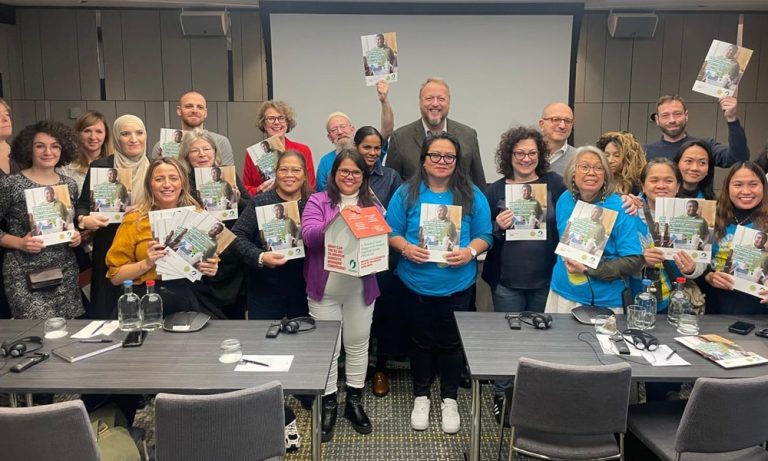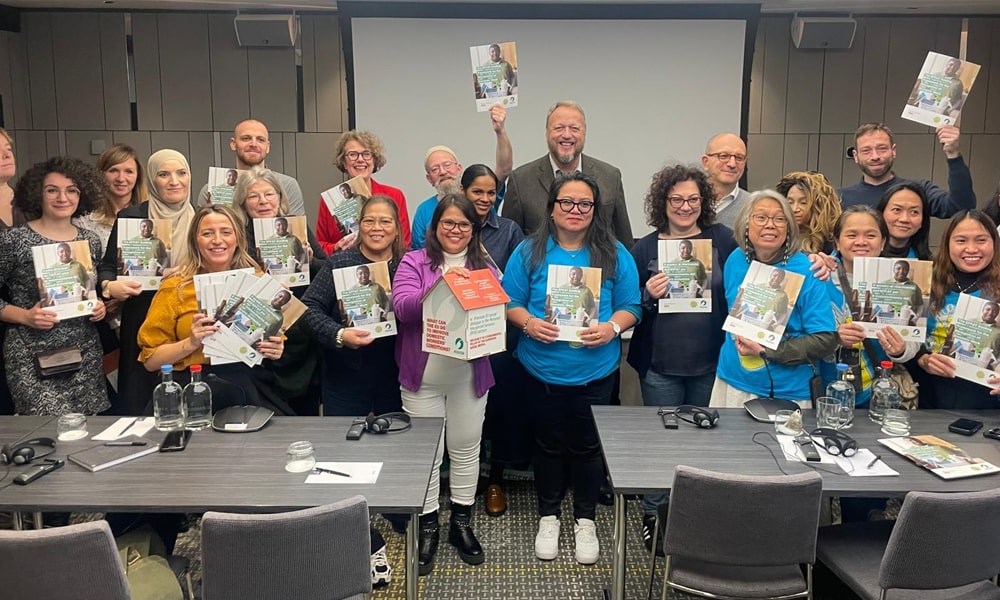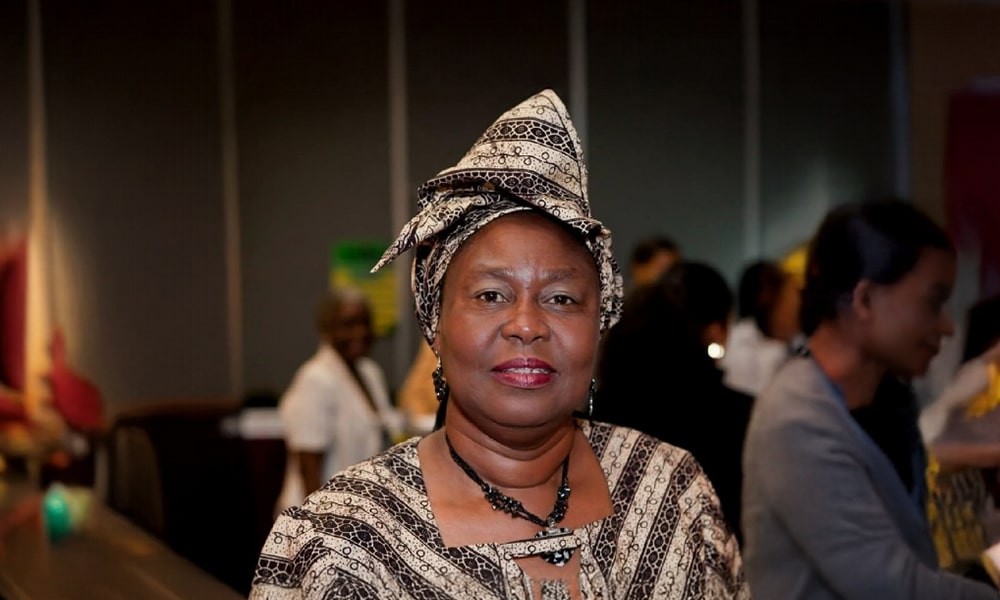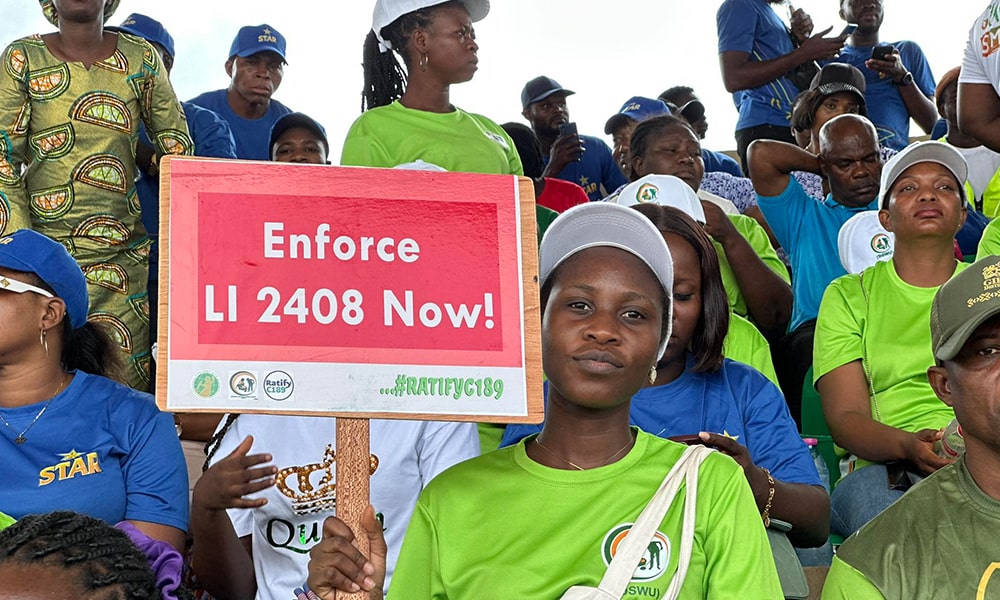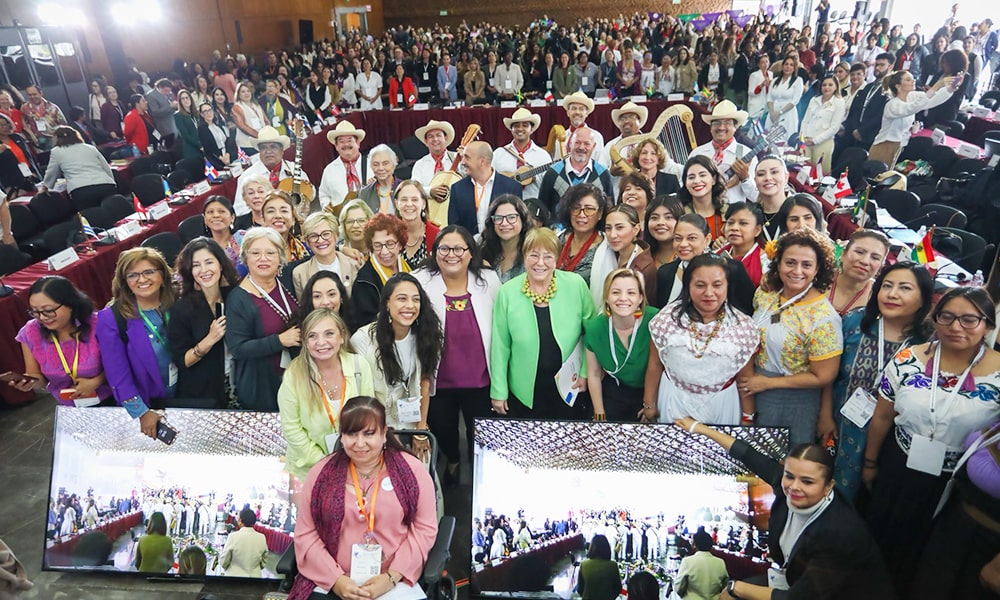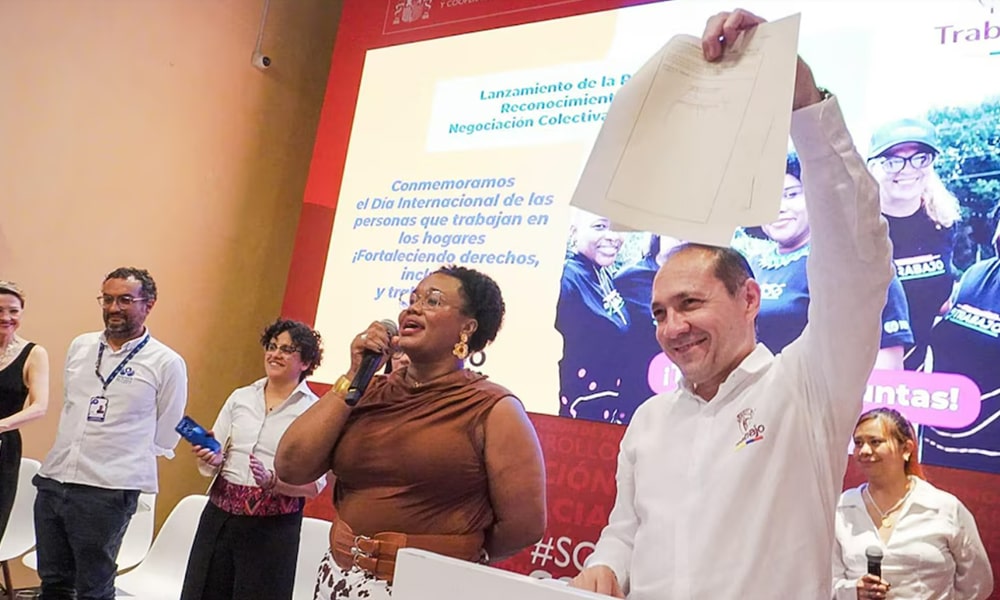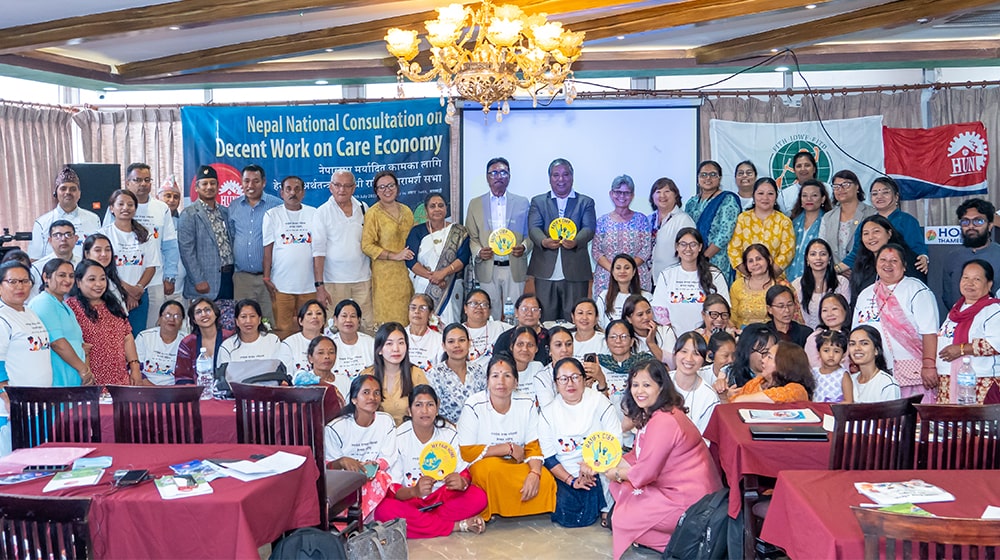Strong and Organized to Transform the Future of Migrant Domestic Workers
“Migrant domestic workers are the backbone of the care economy. The exploitation of their labor subsides the national economies in the countries of origin and destination. It is time to end the discrimination they endure in law and practice. Only freedom of association and collective struggle can ensure MDWs’ full access to decent work and dignified lives. Strong, united, and organized, we reaffirm our commitment to advancing towards a future where social justice and the full realization of human rights are a reality for migrant domestic workers.”
Adriana Paz Ramírez, IDWF General Secretary
The Driving Force of the Care Economy
The impact of demographic, socioeconomic, and environmental changes on the care economy and migration is becoming increasingly significant. The number of women migrating to escape armed conflict, violence, political crises, poverty, and the effects of climate change continues to grow, as they seek better opportunities abroad for themselves and their families. Global demand for care is also rising, alongside severe deficits in the public provision of care services and infrastructure, as well as the absence of robust social protection systems. In this context, many high-income countries have come to depend on migrant domestic workers (MDWs) to meet the growing care needs of their population. “Importing” women from poorer countries and historically disadvantaged groups is a low-cost solution for citizens to delegate caregiving responsibilities and access higher-paying jobs. The wage gap between migrant care workers and their national counterparts is 19.6% (ILO, 2020).
MDWs play a critical role in the social and economic sustainability of not only the countries where they work but also their countries of origin, as their remittances ensure their families’ survival. However, the sacrifice of uprooting themselves and leaving their children under the (unpaid) care of other women often turns into a nightmare: broken promises, exploitation, multiple forms of abuse, and even human trafficking. During pandemics, wars, or natural disasters, MDWs are often the first to be abandoned by employers, left helpless and unable to return home.
Discrimination by Law and Abuse in Practice
In many countries, the recruitment and employment conditions of MDWs are regulated solely by bilateral agreements or temporary labor migration schemes between origin and destination countries (excluding trade unions), which deny them legal protections, access to social security, and the right to freedom of association, among other discriminatory measures. These arrangements have given rise to sponsorship or tied-visa regimes like the “kafala” system in Middle Eastern countries, which grant employers absolute control over workers’ lives, cutting off their freedoms.
Such migration policies expose MDWs to exploitation and rights violations by unscrupulous employment agencies and abusive employers. They also promote irregular migration and informal employment, further increasing these women’s vulnerability. Most endure degrading working and living conditions, which sometimes constitute forced labor: exhausting workdays without daily or weekly rest; wage withholding and debt bondage (due to illegal and excessive recruitment fees); deprivation of food, poor accommodation, and lack of medical care; restricted communication and mobility; confiscation of identity documents; violence and sexual harassment; and limited access to justice. But if they fail to comply with the terms of their contracts (which are usually deceptive), they face penalties ranging from fines, dismissal and loss of their regular migration status, to imprisonment or deportation.
Towards a Dignified Future for Migrant Domestic Workers
The defense of MDWs’ rights is a priority for us. Our commitment is enshrined in the Resolution on Migrant Domestic Workers adopted at IDWF Fourth International Congress in November 2023. We won’t stop fighting until the international community, governments, and employers, in dialogue with DWs organizations, take concrete actions to:
- Ratify and implement ILO international conventions on labor (particularly Convention 189), migration, violence and harassment, freedom of association and collective bargaining, and forced labor.
- Reform national legal frameworks in line with international standards, and adopt policies to ensure MDWs enjoy the same rights as national domestic workers, including their access to social protection / Abolish the kafala system and any other abusive labor migration schemes.
- Ensure MDWs’ right to freedom of association and collective bargaining.
- Regulate and monitor the operations of recruitment agencies and digital employment platforms, and adopt effective labor inspection and enforcement mechanisms, imposing penalties on those who violate regulations.
- Guarantee MDWs access to justice and effective transnational complaint and redress mechanisms.
- Foster cooperation between origin and destination countries to create regular and safe migration pathways and to develop comprehensive frameworks governing the entire labor migration cycle.
- Provide MDWs with information about their rights and employment contracts before they migrate, provide them with assistance and support in destination countries, and facilitate their return home after their employment period ends.
- Eradicate discriminatory practices and violence against MDWs, value their crucial role in the care economy, and recognize their skills with fair compensation.
- Collect data and produce statistics on MDWs to monitor their migration journey and properly address the challenges they face.
On International Migrants Day and every day, we celebrate and recognize Migrant Domestic Workers worldwide. Salute, comrades!


